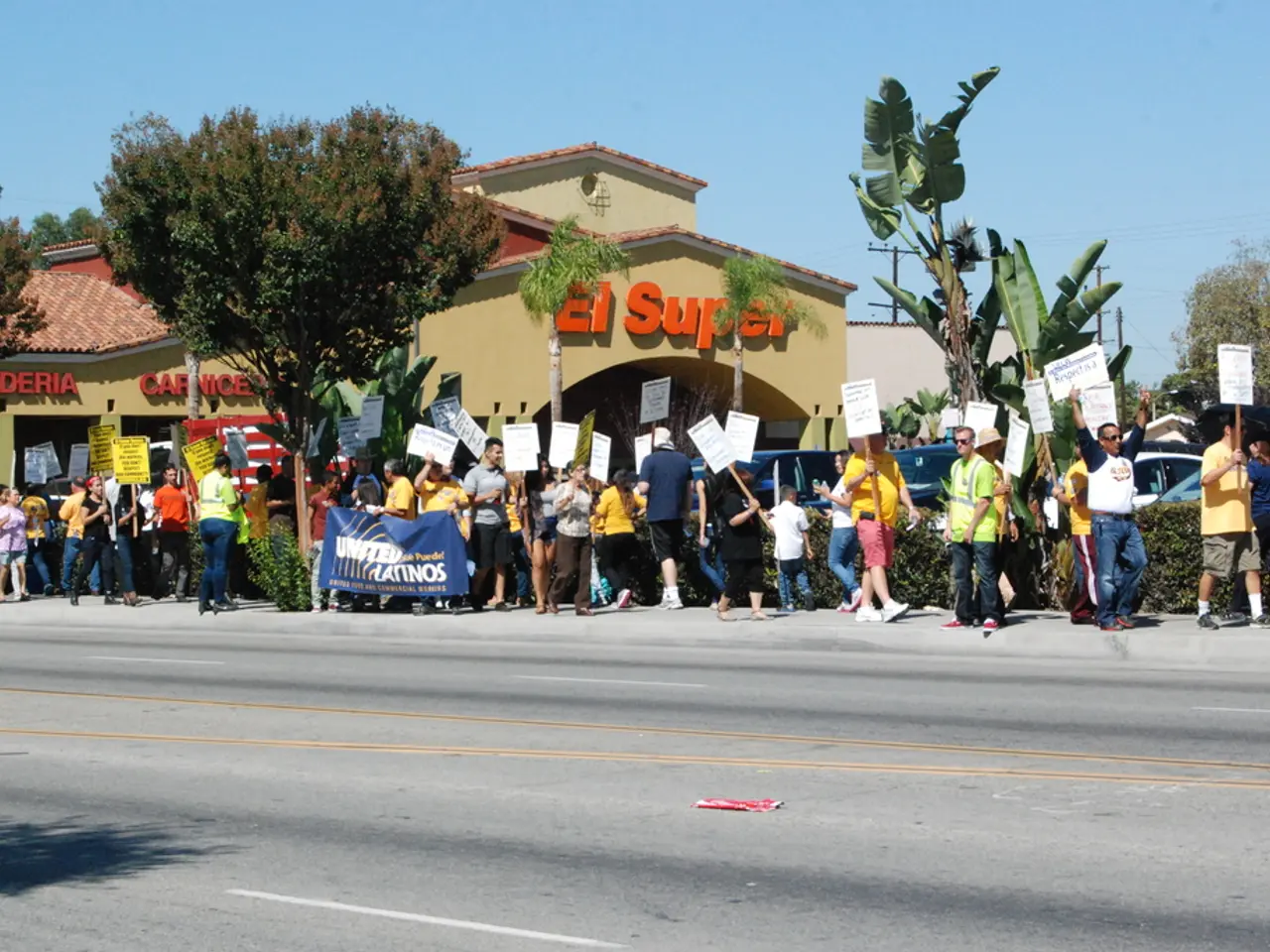Grassroots democracy institutions, referred to as development councils, face potential erosion due to pending legislative changes
France's Senate Amendment Calls into Question Local Democracy and Citizen Participation
A recent amendment passed by the French Senate has raised concerns about the future of local democracy and citizen participation in the country. The amendment grants prefects the discretion to exempt intercommunalities with more than 50,000 inhabitants from creating Development Councils (Codev).
Development Councils were established to foster citizen involvement and public dialogue on development and territorial projects. By allowing for exemptions, some large intercommunalities may forgo the creation of these councils, potentially weakening institutionalized spaces for local citizen engagement.
The implications of this amendment are significant. By forgoing the creation of Codevs, citizens may lose direct input and oversight in local development policies, leading to a potential increase in centralization of decision-making. Prefects, as representatives of the State, could reinforce top-down governance, decreasing local governments' autonomy in shaping participatory democracy institutions.
Moreover, the exemptions could result in inconsistent availability of citizen participation tools depending on prefect decisions, increasing territorial disparities in democratic engagement opportunities. This could potentially lead to public disaffection or mistrust among citizens who lose established participatory forums, possibly affecting civic trust and democratic legitimacy at the local level.
The stakes are clear: to preserve these places where citizen speech can influence public action, or let them fade away, slowly, under the guise of administrative flexibility. Development councils are consultative bodies composed of citizens, associative, economic, and social actors. They serve as spaces where the link between citizens and institutions can be re-established, provided they are given the means to exist.
The decision to weaken the Codevs comes a few months before the 2026 municipal elections, raising questions about the government's commitment to local democracy. Many observers view this move as part of a series of negative signals sent to organized civil society.
Christine Azankpo and Bruno Arbouet, co-presidents of the National Coordination of Development Councils (CNCD), state that the move is a step backwards for participatory democracy. Maxence Guillaud, a member of the Development Council of the European Metropolis of Lille, denounces the amendment as formalizing a minimalist conception of citizen participation.
The government argues that the derogation does not call into question the principle of citizen participation. However, critics argue that by limiting institutionalized citizen voice mechanisms, the amendment undermines the principle of reinforcing local democracy and citizen participation, projecting a more centralized control over the establishment of these participatory councils in large communities.
In conclusion, while intended to create flexibility, this amendment might undermine the principle of reinforcing local democracy and citizen participation. Advocates of local democracy view this move critically, emphasizing the importance of preserving these spaces where citizen speech can influence public action, contributing to transparent and inclusive governance.
The amendment passed by the French Senate, which grants prefects discretion to exempt certain intercommunalities from creating Development Councils, raises concerns about the future of participatory democracy and citizen participation in the context of policy-and-legislation and politics. The Government's decision to weaken the Development Councils may potentially weaken institutionalized spaces for local citizen engagement and lead to a decrease in democratic legitimacy at the local level, as these councils serve as vital platforms for general-news dialogue on development and territorial projects.




